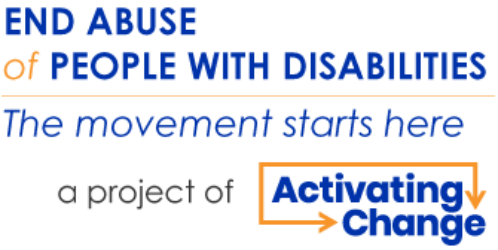Sign Language Interpreting in DV/SA Contexts
Sign language interpreting in domestic violence (DV) and sexual assault (SA) contexts requires more than language fluency- it demands cultural competence- trauma-informed practice, and an understanding of the unique dynamics at play in these sensitive situations. This webinar explored the critical role of sign language interpreters working with Deaf survivors. Presenters discussed the barriers that exist for Deaf survivors when accessing victim services, and tangible ways to address those barriers. Participants learned how to advocate for effective interpreters in DV and SA settings, as well as understand best practices for ASL interpreters and victim service providers in these contexts.
This training covered topics such as language access planning for Deaf survivors, best practices before, during, and after meeting with a Deaf survivor, how to determine if communication is effective, working with Certified Deaf Interpreters (CDIs), and tips for finding qualified interpreters.
Presenters
Raylene Lotz, CDI, Activating Change
Amanda Richter, NIC; Ed: K-12, Activating Change
